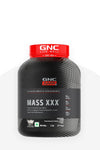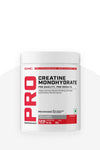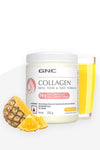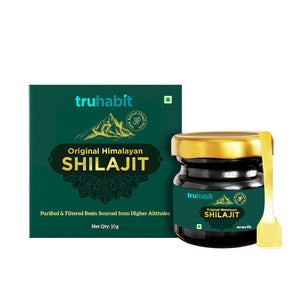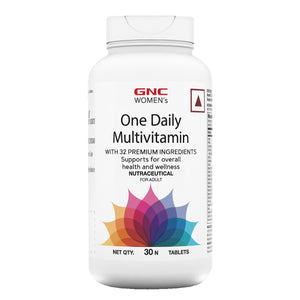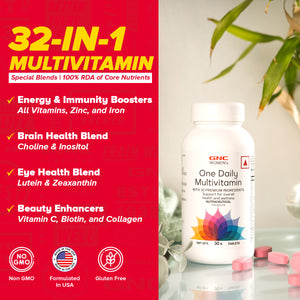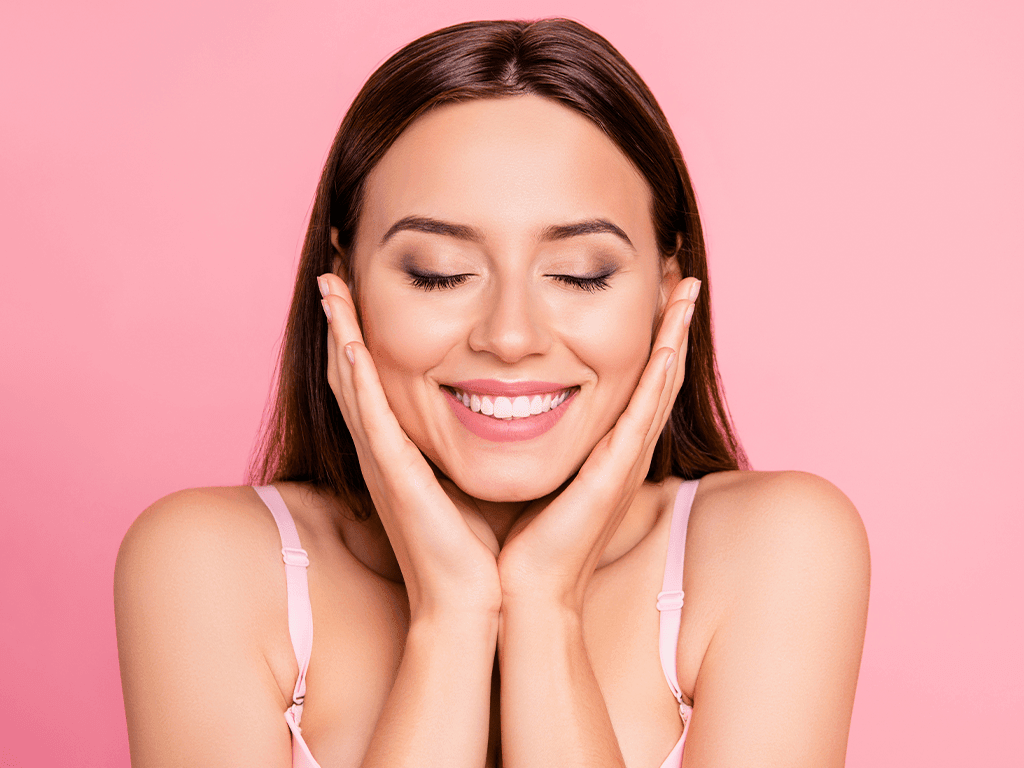Have you noticed that your hair is thinning? Are you eating enough to make your hair grow? A lack of certain key vitamins and minerals can lead to hair loss.
Make sure you talk to a medical professional before taking supplements and find out from which foods you can get these nutrients. Getting too many vitamins is rarely a good idea, and you can even overdo it.
This festive season, we will discuss the 4 major nutrients that are essential to a healthy hair regime.
A common question people have regarding dietary supplements and vitamin supplements is how they can manage or prevent dermatological diseases, in particular hair loss.
An average human scalp has approximately 100,000 hair follicles. 90 percent are in the anagen phase without alopecia, which requires necessary elements such as proteins, vitamins, and minerals to develop efficiently. Our diets must contain a variety of micronutrients, including vitamins and trace minerals.
Let’s list down few of the vitamins and mineral important for our hair health:

Biotin:
A water-soluble vitamin B7 that helps improves hair health, including shine, volume, and even skin color. Keratin is a protein responsible for making up human hair. Because biotin is used in the synthesis of proteins, its decreased levels can lead to a decreased synthesis of protein, which, in turn, could lead to a decrease in keratin production. While increasing your biotin intake between 2 mg and 5 mg per day will help you retain strength, those with hair loss should consult a hair loss specialist instead.
Iron, Vitamin C & Folic acid:
A lack of iron prevents your body from producing hemoglobin. The most important function of hemoglobin is to carry oxygen to your cells, and this includes the hair-growing cells too. Iron should be a part of any hair supplement you consume. A hair supplement should also include vitamin C and folic acid to help improve absorption of iron.
Vitamin D:
We all need vitamin D for good health. The benefits of vitamin D include strengthening immunity, promoting healthy bones and skin, stimulating cell regeneration, and creating stronger hair follicles.
Hair loss has been linked to a lack of vitamin D in the body. It is one function of vitamin D to stimulate new and old hair follicles. Lack of vitamin D can hamper new hair growth, which can lead to baldness. There is evidence that low vitamin D levels can cause hair loss, according to research studies.
When the immune system attacks the hair follicles, alopecia areata (AA) occurs. According to studies, AA and low levels of vitamin D are linked. If levels are low, vitamin D supplements should be taken.
Zinc
Zinc is essential to our bodies for many reasons. As well as building healthy cells, zinc regulates hormones and helps you absorb other nutrients. The main reason zinc prevents and treats hair loss is its ability to regulate hormone levels. The authors of a review article on zinc intake in patients with AA showed that four of six case-control studies found lower levels of zinc in patients with AA, compared with healthy controls.
The best possible way to get nutrients is to get them from natural foods. There is no doubt that it becomes increasingly difficult for us to keep a tab on our nutrient intake on a daily basis. The bridge must be filled with supplements in our modern world and help provide all the required nutrients The addition of a supplement may also be a more effective option for those who already have deficiencies in the body.



